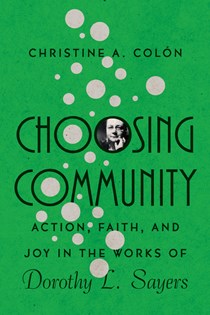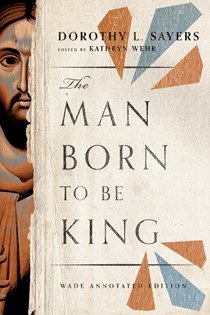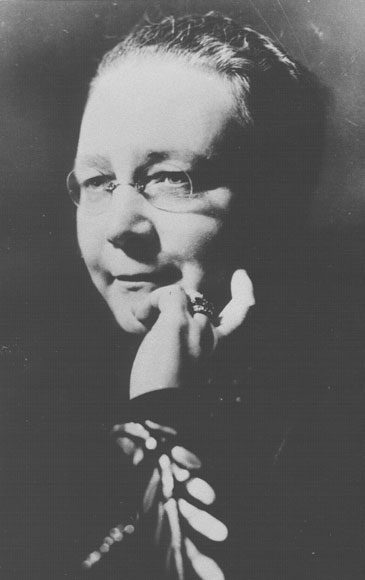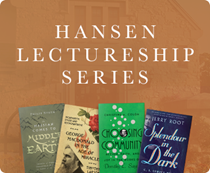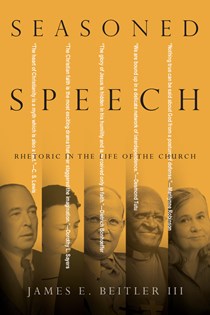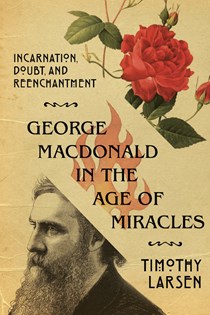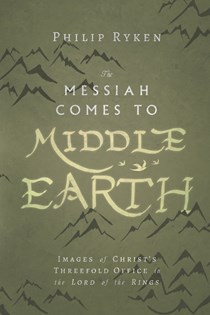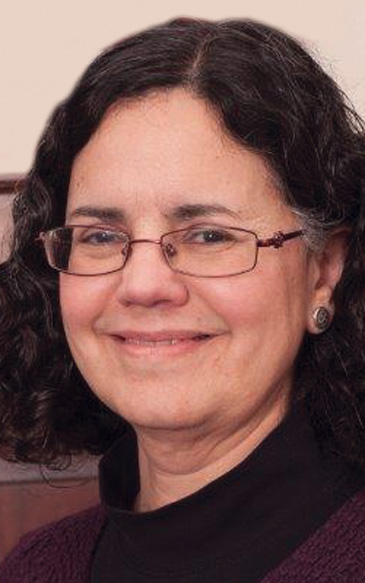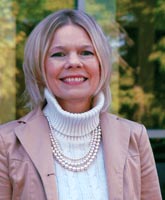Search Results
Showing 1 - 10 of 17 results
-
Choosing Community
Action, Faith, and Joy in the Works of Dorothy L. Sayers
Hansen Lectureship Series
by Christine A. Colón
Few writers in the twentieth century were as creative and productive as Dorothy L. Sayers, the English playwright, novelist, and poet. In this volume in the Hansen Lectureship Series, Christine Colón explores the role of community in Sayers's works. In particular, she considers how Sayers offers a vision of communities called to action, faith, and joy, and she reflects on how we also are called to live in community together.
-
The Man Born to be King
Wade Annotated Edition
by Dorothy L. Sayers
Edited by Kathryn WehrIn 1943 the BBC broadcast a series of radio dramas by Dorothy L. Sayers on the life and ministry of Jesus which would go on to become her most beloved works. In this new annotated edition, scholar Kathryn Wehr brings fresh insights to the plays, their background, Sayers's creative process, and the ongoing significance of the life of Christ today.
-
-
Hansen Lectureship Series
Based on the annual lecture series hosted at Wheaton College's Marion E. Wade Center, volumes in the Hansen Lectureship Series reflect on the imaginative work and lasting influence of seven British authors: Owen Barfield, G. K. Chesterton, C. S. Lewis, George MacDonald, Dorothy L. Sayers, J. R. R. Tolkien, and Charles Williams.
-
Seasoned Speech
Rhetoric in the Life of the Church
by James E. Beitler III
Being a faithful disciple of Christ means having seasoned speech: practicing a rhetoric that beneficially and persuasively imparts the surprising truth of the gospel. James Beitler seeks to renew interest in and hunger for an effective Christian rhetoric by closely considering the work of five beloved Christian communicators: C. S. Lewis, Dorothy L. Sayers, Dietrich Bonhoeffer, Desmond Tutu, and Marilynne Robinson.
-
George MacDonald in the Age of Miracles
Incarnation, Doubt, and Reenchantment
Hansen Lectureship Series
by Timothy Larsen
In this Hansen Lectureship volume, Timothy Larsen considers the legacy of George MacDonald, the Victorian Scottish author and minister who is best known for his pioneering fantasy literature. Larsen explores how MacDonald sought to counteract skepticism, unbelief, naturalism, and materialism and to herald instead the reality of the miraculous, the supernatural, the wondrous, and the realm of the spirit.
-
The Messiah Comes to Middle-Earth
Images of Christ's Threefold Office in The Lord of the Rings
Hansen Lectureship Series
by Philip Ryken
Can The Lord of the Rings help us understand the Christian faith more deeply? From the inaugural Hansen Lectureship series, Wheaton College president Philip Ryken mines the riches of Tolkien’s theological imagination. In the characters of Gandalf, Frodo, and Aragorn, Ryken hears echoes of the one who is the true prophet, priest, and king, considering what that threefold office means for the calling of all Christians.
-
-
-


